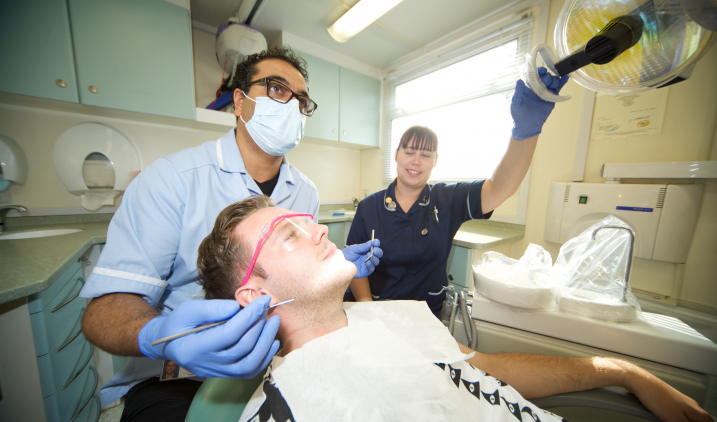Considering or at university
This page gives you some tips on deciding on the right higher education subject and course for you. If you are at university, there are some tips and information on next steps. There are also links so that you can research your options further.
Choosing your subject
There are university courses in thousands of different subjects. When deciding what to study, think carefully about what subjects you are good at, what you enjoy and what kind of career will interest you.

For most clinical careers, such as nursing, medicine and the allied health professions entry is through a degree approved by the Health and Care Professions Council, Nursing and Midwifery Council, General Medical Council or another regulatory body. Take a look at the Explore roles section to find out what the training involves and to get an idea of the qualifications needed.
Use our course finder to search for approved courses.
Our Explore roles section also tells you what to expect when studying for a career in:
- the allied health professions
- the dental team
- healthcare science
- medicine
- midwifery
- nursing
- paramedic science
- pharmacy
- the psychological therapies
If you are not yet sure what you want to do, for some clinical careers, you can take an approved postgraduate course after your first degree in a different subject. Use our course finder to search for 'accelerated' courses that are aimed at graduates.
There are also a few careers in organisations that provide healthcare where any degree subject is suitable for entry.
Choosing where to study
Once you have chosen a subject, your next step is to decide where to study. For each university you consider, find out:
- if the course is approved and leads to registration with the appropriate regulatory body (see above)
- how good the facilities are at the university in general, for example the library, and for your subject, such as laboratories
- what kind of links the university has with employers. For example if the course includes clinical placements, where will you go for these?
- the structure of the course and modules available
- about assessment and teaching methods
- how much support is available to you in general and for your subject
Of course, you’ll also want to think about the accommodation available, whether you prefer a city or campus university, the cost of living in the area, how near the university is to home and so on.
Once you're clearer about some of these things, you should feel more informed about what to apply for.
At university
There are a number of graduate training programmes and other opportunities in health. Find out more what graduate opportunities are available in health.
For students on health-related courses, you'll also find information on the support you can expect during your studies should you need.
You can also take a look at our information and advice for medical students including intercalated degrees.